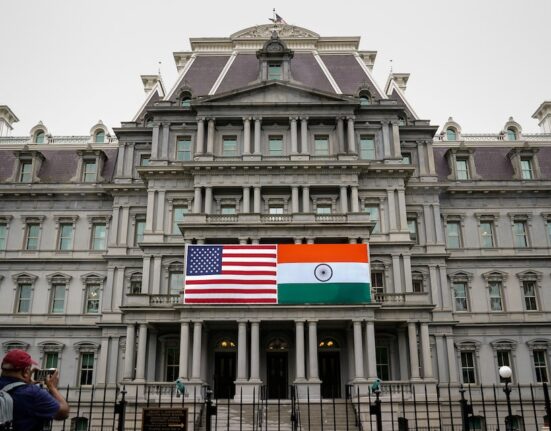Fourteen years after the temporary ban on live cattle exports to Indonesia, a federal court decision has left many in the cattle industry feeling disappointed and disheartened. The court’s ruling downplayed the magnitude of losses claimed by hundreds of cattle producers and related businesses following the 2011 export ban.
The case, which was launched as a class action against the Commonwealth government, sought compensation amounting to $510 million. However, the recent court decision has cast doubt on the extent of financial impact resulting from the export ban.
In his judgment, Justice Thawley highlighted that export quotas to Indonesia were already experiencing a decline before Australia imposed the ban. This led to a conclusion that there was no substantial influence on export levels due to the temporary prohibition. Despite this ruling, uncertainty looms over the final determination of compensation owed to affected parties within the industry.
Northern Territory cattle producers expressed their dismay at the court’s assessment, disputing its assertion that the ban had limited effects on subsequent export declines. David Connolly, former president of the Northern Territory Cattlemen’s Association, emphasized their disappointment by stating,
“We deal one-on-one with people who import our cattle… we know how customers reacted but proving it in court is very challenging.”
The legal battle dates back to June 2011 when ABC’s Four Corners program aired distressing footage from Indonesian abattoirs, prompting an immediate ban on live cattle exports. This move resulted in significant financial repercussions for many within Australia’s cattle industry.
Despite winning their class action against the government five years later in 2020, claimants have been grappling with delays in receiving rightful compensation ever since. The prolonged legal proceedings have exacerbated frustrations among those seeking redress for their losses.
Former agriculture minister Joe Ludwig’s decision to implement a blanket ban without adequate consultation with industry stakeholders sparked outrage and paved the way for legal challenges seeking substantial compensatory measures. While some progress has been made with individual compensations like that awarded to Brett family nearing $3 million, many others are still awaiting resolution.
The ongoing saga underscores broader ethical dilemmas surrounding live animal exports juxtaposed against economic considerations. Over decades, Australia has grappled with balancing animal welfare concerns against economic gains derived from such trade practices.
As discussions continue around establishing fair compensation for those affected by past policy decisions impacting industries like cattle farming, key questions arise about accountability and justice within regulatory frameworks governing agricultural sectors globally.
Despite efforts to enhance transparency and accountability post-ban through mechanisms like Exporter Supply Chain Assurance System (ESCAS), challenges persist in reconciling ethical imperatives with economic interests driving trade dynamics in livestock sectors worldwide.









Leave feedback about this